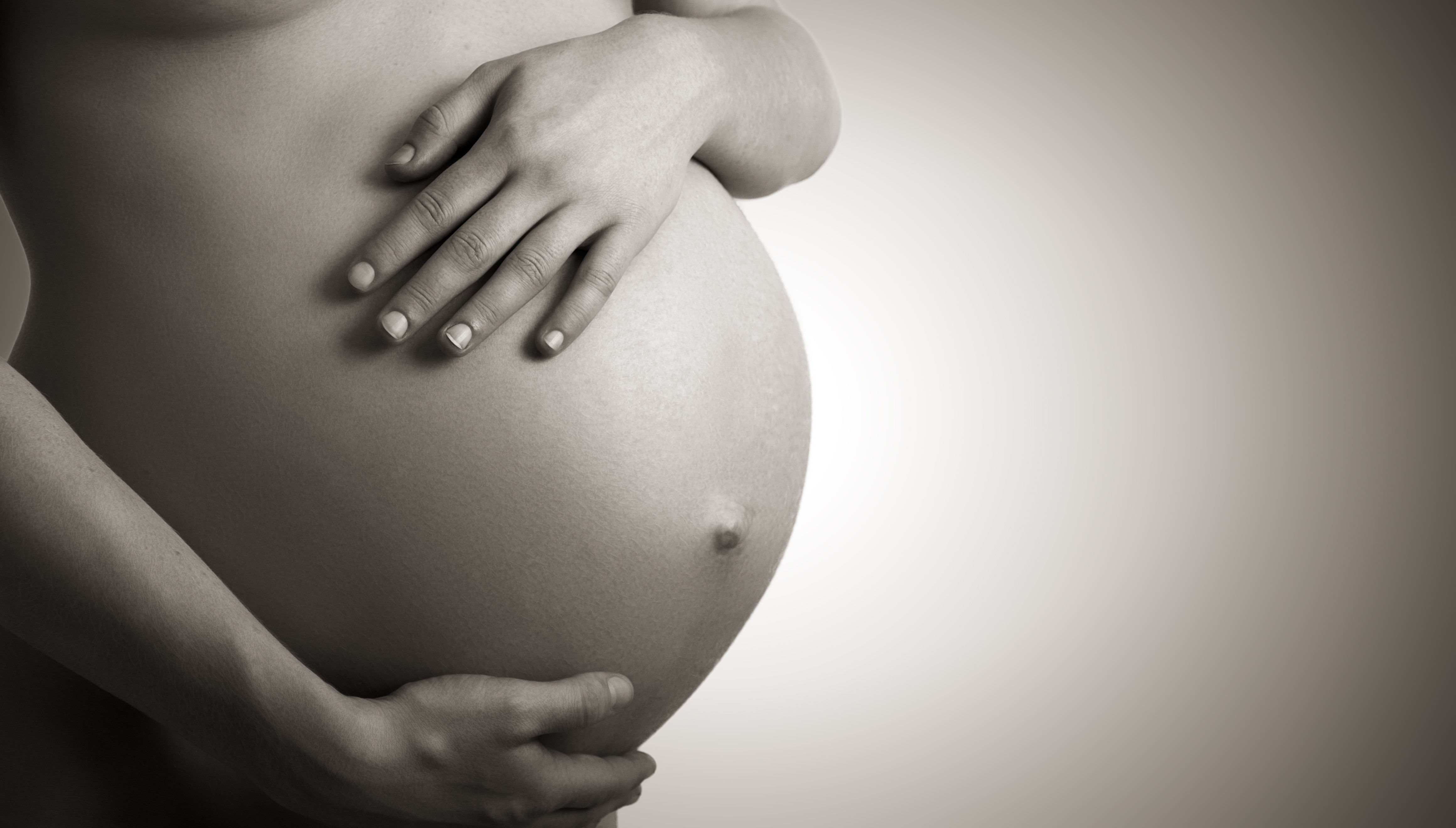Dear colleague,
By ingestion, inhalation or even percutaneous diffusion, the sources of exposure to endocrine disruptors are numerous; they are now part of our daily lives.
Endocrine disruptors, such as bisphenols and phthalates, have been the subject of numerous warnings from public services and other health authorities.
Pregnancy, childhood and adolescence remain the periods of greatest risk, when the body is most receptive to endocrine disruptors.

Once the results are in, targeted preventive measures can be taken to rapidly reduce exposure.
Bisphenols panel: bisphenol A, S, F, AF and AP
Phthalates panel : MeOHP, MeHHP, MECPP, MCPP, MEP, MiBP, MnBP, MBzP, MCOP and MCNP
Sampling
Urine (2 ml), in polypropylene or polyethylene tube
Spot urine should be taken at the end of the day (not on waking).
24-hour urine if requested by the prescribing physician
Storage:
store between 2 ℃ and 7 ℃ (7 days max) and send frozen to the laboratory.